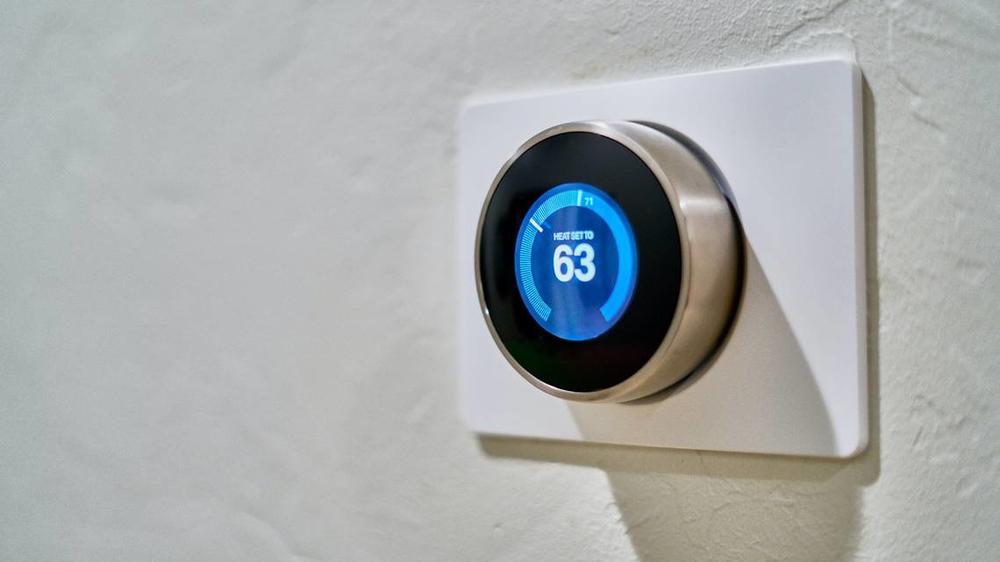
Section Branding
Header Content
Beat the GA chill this season. These winter hacks could cut thousands off heating bills
Primary Content

Georgia may have a comparatively mild winter, but we are notoriously bad at cold weather. Our tolerance to low temps and our inability to function in below freezing conditions make keeping a warm house completely necessary.
Even though the upcoming winter is predicted to bring warmer temperatures, Georgia weather could surprise us all. Even if temperatures don’t dip too low, it’s still smart to prepare your home for a cooler forecast.
When temperatures in North Georgia fell below freezing last year, the University of Georgia issued some advice for residents to help keep your house comfortable through the winter season.
Insulate Your Home
- Attic insulation: Check the thickness of your attic insulation. Aim for at least 10 to 13 inches to achieve an R-30 rating. If it’s less, consider adding more insulation to prevent heat loss.
- Exterior walls: Ensure your exterior walls are properly insulated. If you’re planning any renovations, this is a good time to upgrade insulation.
- Floors above unheated spaces: Insulate floors above garages or crawl spaces to prevent cold air from seeping into your living areas.
Seal Gaps and Cracks
- Windows and doors: Use caulk or weather stripping to seal gaps around windows and doors. This prevents drafts and keeps warm air inside.
- Duct sealing: Inspect and seal any leaks in your ductwork, especially in unconditioned spaces like attics or crawl spaces. This improves heating efficiency.
Check Heating Systems
- Furnace maintenance: Schedule a professional inspection of your heating system to ensure it’s functioning efficiently. Change filters regularly for optimal performance.
- Thermostat settings: Consider installing a programmable thermostat to better control your home’s temperature and save on energy costs.
Prepare Plumbing
- Pipe insulation: Insulate exposed pipes in unheated areas (like basements or crawl spaces) to prevent freezing.
- Draining outdoor faucets: Disconnect hoses and drain outdoor faucets to avoid burst pipes during freezing temperatures.
Inspect Your Roof and Gutters
- Roof inspection: Check for missing shingles or leaks that could lead to water damage during winter storms.
- Gutter cleaning: Ensure gutters are clean and free of debris to prevent ice dams and water backup.
Consider Energy Efficiency Upgrades
If your home is older, consider investing in energy-efficient windows or additional insulation materials that meet Georgia’s building codes for better thermal performance. In some instances, you may be eligible for a tax credit up to $3,200.
Regular maintenance and proactive measures will help ensure a warm and cozy home temp this winter, even if it’s not really all that cold outside.
This story comes to GPB through a reporting partnership with Macon Telegraph.

